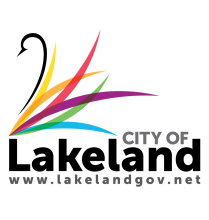Lakeland Public-Private Broadband Project Faces Delays, Frustration
In the summer of 2021, Lakeland city commissioners voted 5-to-1 to strike a private-public partnership (P3) with Summit Broadband, part of a 10 year plan to expand broadband availability within city limits. But officials in this central Florida city of 112,000 have expressed growing consternation that the planned broadband expansion is behind schedule and more selective than expected.
“I think this is the right move for the City of Lakeland as it will accomplish what was my goal: to make it a smart city without the burden of bonding out our debt,” Lakeland Commissioner Bill Read said shortly after the project was announced. “The private sector can do a job much better than any public entity, better than our city.”
A year later and several city leaders don’t seem entirely sure.
Local news outlet LkldNow indicated last month that most Lakeland residents have yet to see service, and that Summit appears to have shifted its deployment priorities away from uniform house-by-house coverage, and toward select businesses and housing development developments.
Lakeland Mayor Bill Mutz said of the revelations:
I am not satisfied with the speed with which Summit is rolling out service to consumers in Lakeland and concerned that they may have de-emphasized that express concurrent desire of the commission. Whereas it has been our goal to provide commercial business with improved Internet service, the consumer emphasis was originally and consistently one of our highest expressed priorities and motivations.
City Officials Question Partners’ Apparent Shift in Strategy
Under the city’s 10 year agreement with Summit, the provider pledged to spend $20 million over the next five years expanding the city’s existing 350-mile dark fiber network. Under the deal, Summit will pay the city $144,000 per year initially, ultimately switching to paying the city 10 percent of gross revenue on Internet services.



